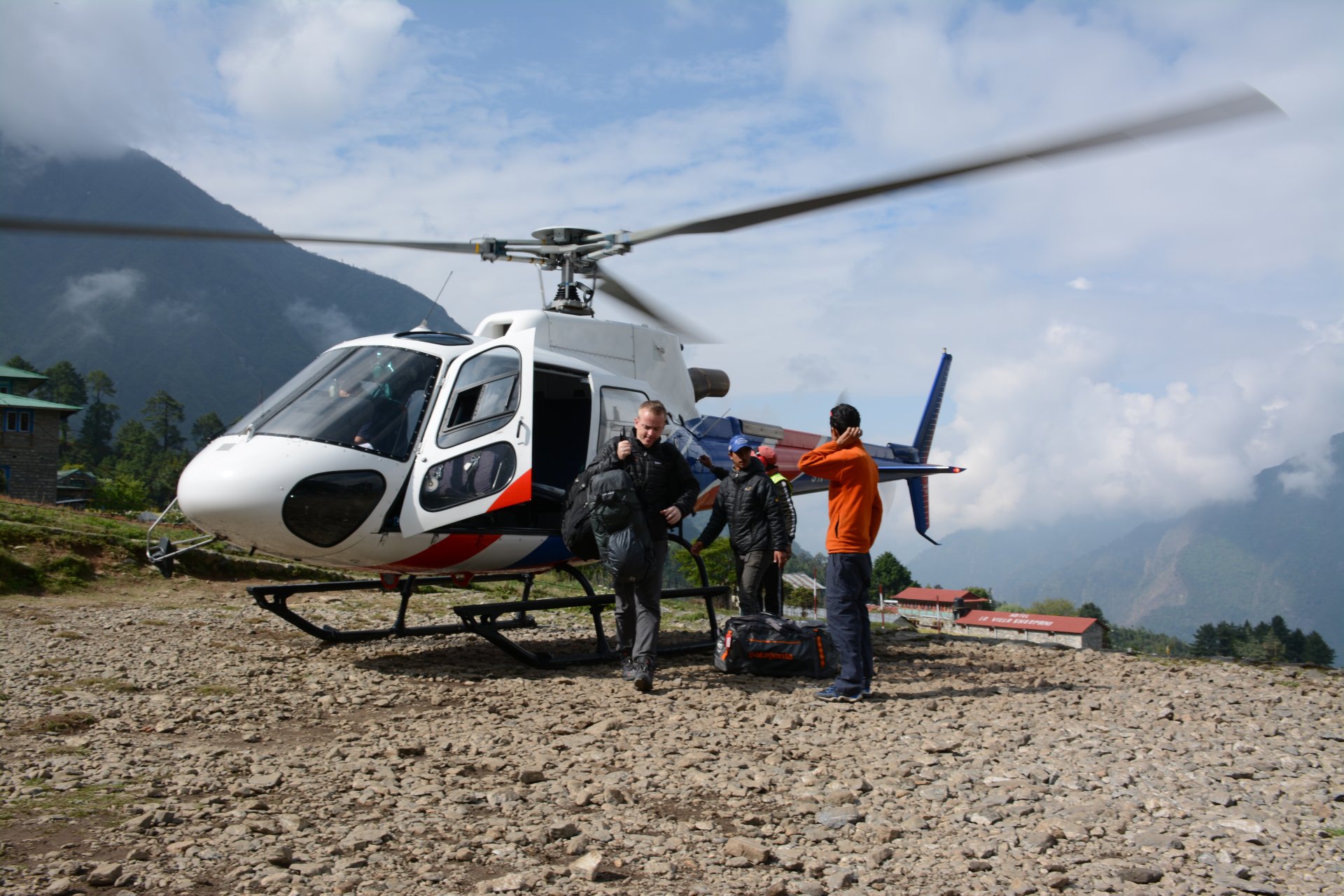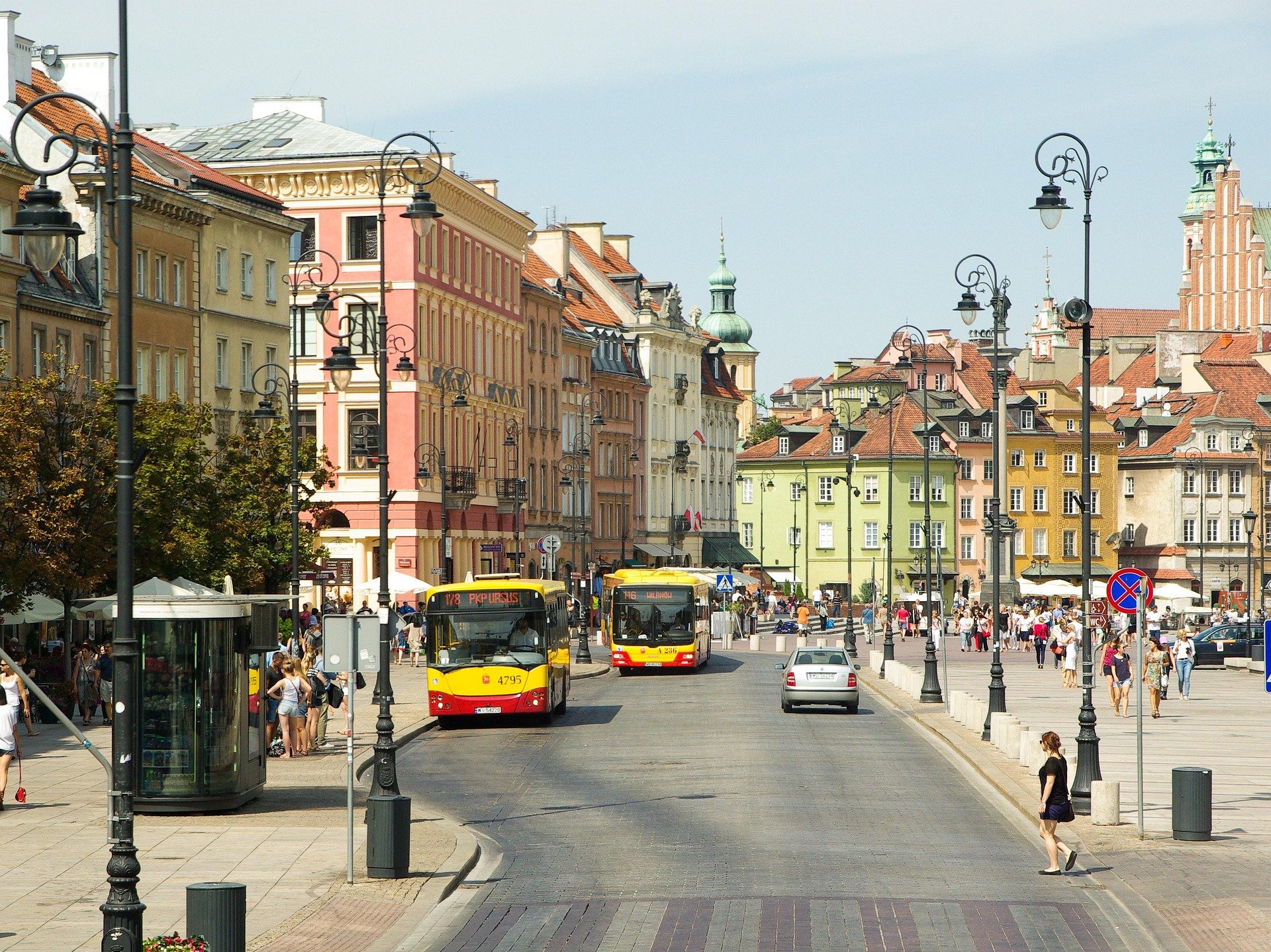Background
At least 10 people were killed and dozens injured in an apparent terrorist attack on the subway system in St. Petersburg, Russia, the country’s second-largest city, on 3 April. The number of reported deaths and injuries as a result of this explosion is expected to change as details continue to emerge. The explosion took place at approximately 14:30 local time onboard a train that was traveling through a tunnel between the Sennaya Ploshchad and Tekhnologichesky Institut stations in the center of the city. Authorities report that that explosion was caused by an unidentified explosive device on one of the train’s cars. A second device was discovered at the Revolutionary Square station, though was successfully disabled.
An investigation into the incident is underway. No group has yet to claim responsibility for the blast. The Russian Prime Minister has described the incident as a “terrorist act.” The entire subway system in St. Petersburg has been shut down, and a three-day mourning period has been declared nationwide. Additional security measures have been put into place around the subway system in the capital, Moscow, as well as at airports and other public places.
Analysis
This attack is not the first time Russia’s rail system has been targeted in a terrorist attack. On 29 March 2010, two female suicide bombers conducted attacks in the Moscow subway system, killing 50 and wounding over 100 others. Pro-Chechen separatists claimed responsibility for the attack. On 27 November 2009, an attack by the same group killed 26 and injured over 100 others on a high-speed train between Moscow and St. Petersburg. Other attacks have targeted public infrastructure in Moscow, including a suicide attack at Moscow’s Domodedovo International Airport (DME) in January 2011 that killed 37 people.
There is a high threat from terrorism in Russia and there have been a number of deadly attacks in recent years. Most attacks have been carried out by Islamist separatists, the majority of whom have been linked to the Caucasus Emirate (Imarat Kavkaz) militant organization. The Caucasus Emirate is an umbrella organization, consisting of multiple militant groups that aim primarily to expel the Russian presence from the North Caucasus and to establish an independent pan-Caucasian Islamic Caliphate ruled under Sharia law. The groups have used suicide bombing, sometimes with vehicle-borne improvised explosive devices (VBIED), as one of their primary tactics in the past. Operations targeting government officials and security personnel are more common, and violent incidents have been more frequent in the Northern Caucasus region. Nevertheless, terrorist groups have in recent years shown the ability to carry out sophisticated operations and attacks throughout the country, including in Moscow. These attacks often target public transport and transportation hubs.
In addition to Islamist separatist groups, the terrorist group the Islamic State (IS) has issued threats against Russia and has conducted attacks in the North Caucasus region in the past. If it emerges that IS was responsible for this recent attack in St. Petersburg, it would be the first time the group has successfully carried out an attack in Russia outside of the North Caucasus region. In October 2015, the group claimed credit for taking down a plane that was traveling from Sharm el-Sheikh in Egypt to St. Petersburg, killing more than 200 people. There has been an increased risk of IS attacks in Russia due to the country’s continuing campaign in Syria, and Russian authorities have conducted several arrests of suspected IS operatives planning attacks in the country.
Advice
- Personnel are advised to avoid the St. Petersburg subway system until the situation normalizes.
- Increased patrols, checkpoints, random searches and travel restrictions should be anticipated; these could result in travel disruptions.
- Comply with instructions from the security forces. Carry photographic identification and follow all instructions promptly.
- Clients are advised to maintain caution and exercise situational awareness at all times.
- Report all suspicious packages or individuals to the relevant authorities.
- Monitor the local media for further updates.
Contact Global Rescue at 617-459-4200 or memberservices@globalrescue.com with any questions.









